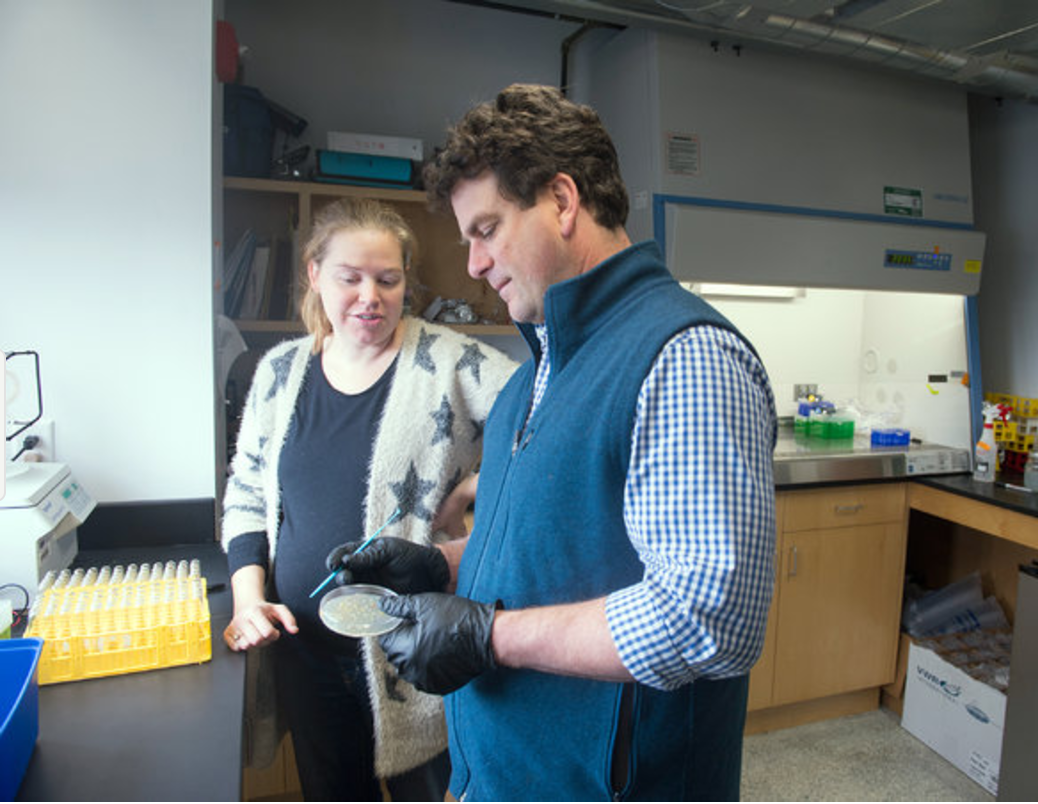An article in today's New York Times revealed one of the secrets to the incredible success of Jasper Farm's award-winning cheeses: microbiologists in an on-farm lab! MIcrobes aren't just essential for turning milk into cheese, but they determine the texture, flavor and aroma of the cheese as well. To learn how and to see photos check out the article. And, of course, microbes are also responsible for the biochemistry that makes bread, wine and beer, all great accompaniments to cheese. Running an on-farm lab shows great commitment and a curiosity I really admire. Go microbes and Kehler brothers!
About meI'm a professor of science working in the beautiful heart of rural Vermont. Archives
December 2017
Categories |

 RSS Feed
RSS Feed